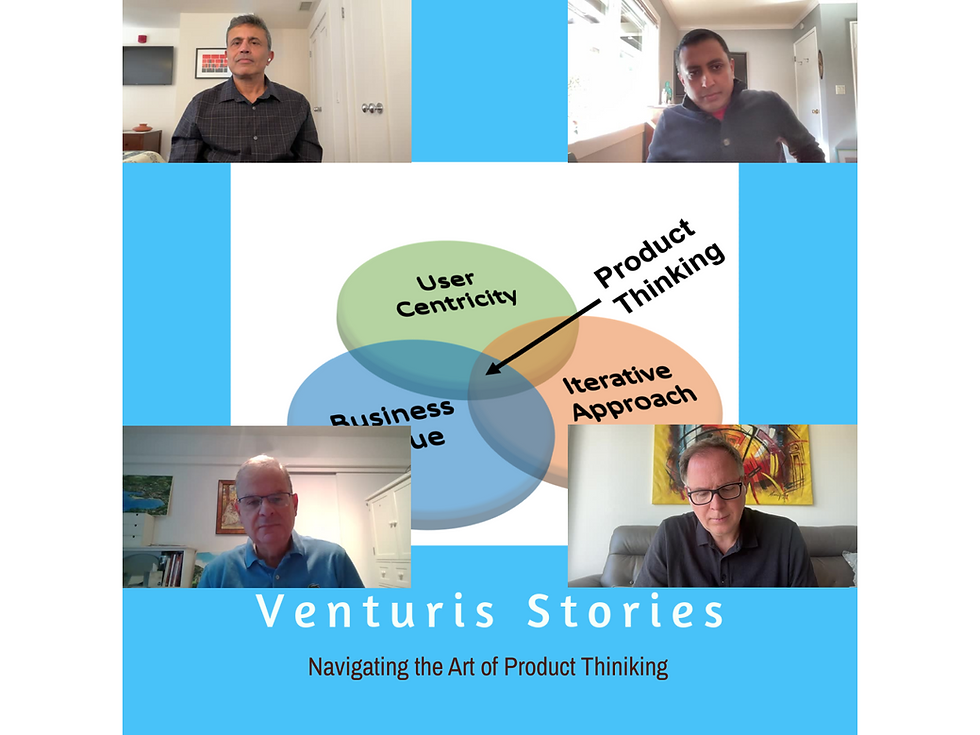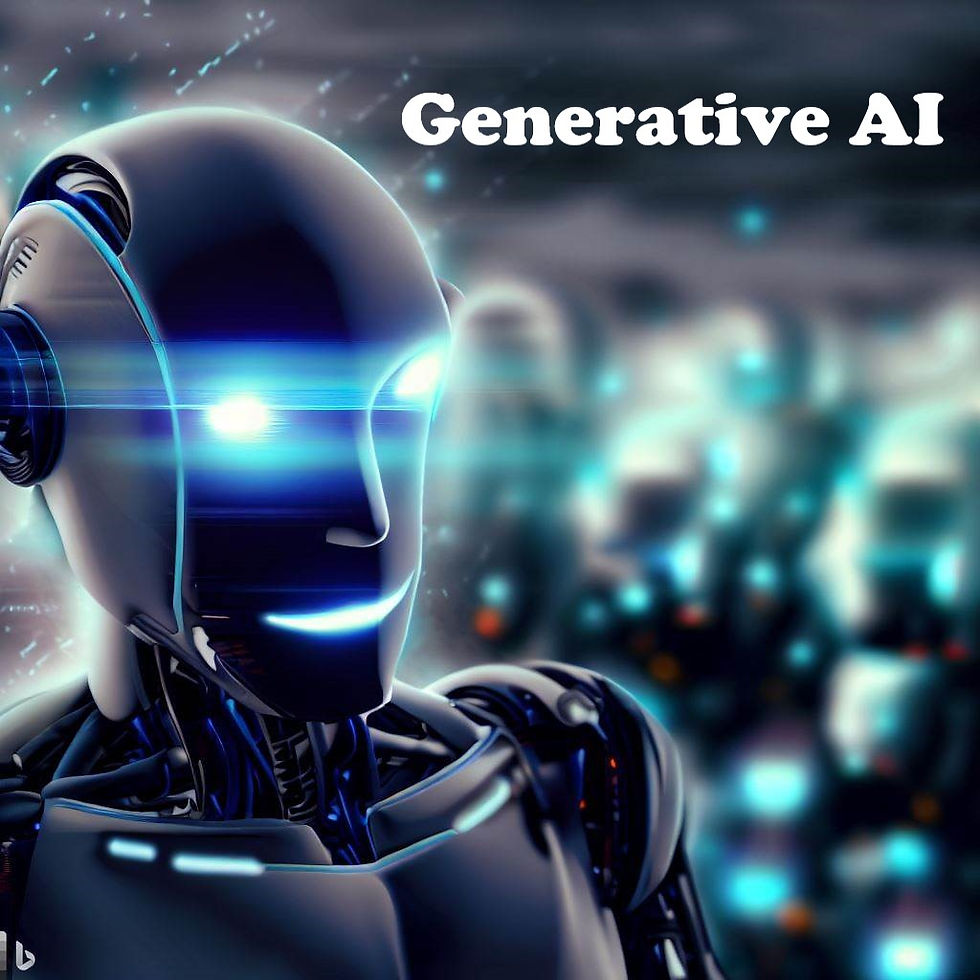Industrial Revolutions and the Productivity Impact
- Gaurav Vaid

- May 26, 2023
- 3 min read

The world has gone through several Industrial Revolutions since the 18th century, with each one bringing significant changes to the way we live, work, and entertain. These transformations have had a profound impact on productivity, making it possible to produce more goods and services with fewer resources.
The First Industrial Revolution, which began in the late 1700s, was marked by the invention of the steam engine and the mechanization of textile production. This led to a significant increase in productivity, as machines replaced human labor in many industries. The Second Industrial Revolution, which took place in the late 19th and early 20th centuries, saw the introduction of mass production techniques and the widespread adoption of electricity. This further increased productivity, as factories became more efficient and production costs decreased.
The Third Industrial Revolution, also known as the Digital Revolution, began in the 1960s with the development of computers and the internet. This revolution brought about a massive increase in productivity, as information could be processed and transmitted at unprecedented speeds. This revolution also created a whole new class of digital native businesses and the massive tech sector. While the tech sector and the new digital native businesses could reap the maximum reward for this phase, the traditional sectors have struggled with the complexity of the digital age. Majority of these businesses have adopted the digital practices and embraced the Information Technology (IT) age and are using digital tools/processes for their core Operational Technology (OT), however the IT and OT remain largely silo’ed. There are several studies arguing the true impact of the Information and Communications Technology (ICT) age on productivity in the traditional sectors. I am not going to pick a side in this argument, however, would like to digress here and share something from my professional experience that may help explain the debate.
I am a firm believer in the platform+apps model. This model involves a platform that serves as a foundation for various applications to be built upon and has contributed to the success of many of the big winners of the ICT era. I have had the privilege to lead a business rooted in this philosophy that helped us go from the position of a disruptor to being the market leader in our sector. If we examine the first two industrial revolutions closely (before the ICT era popularized the platform+apps model), the steam power/electrical power provided the platform that drove the productivity impacts across all the verticals as part of these two revolutions respectively. The ICT era has several successful case studies of a platform+apps model for the core tech sector or digital native businesses. However, the third industrial revolution has not yet made the core technology as easy to consume as steam power/electricity to drive maximum productivity impact across all the traditional verticals.
The Fourth Industrial Revolution, which is ongoing, is characterized by the fusion of technologies such as artificial intelligence, robotics, and the internet of things. This is expected to bring about even greater levels of productivity, as machines become smarter and more autonomous. It is expected that a true IT and OT convergence will be a key enabler to unlock the productivity impacts as part of the fourth industrial revolution. I would like to argue that to achieve this a platform approach that delivers a platform that makes the technology as easy to consume as steam power/electricity is required. There are several innovative companies (large and small) engaged in helping achieve this vision. Tools such as Generative AI and the associated models are helping de-obfuscate the core technology and make it easy for the platform to be consumed by businesses across any sector. Businesses willing to embrace the change and adopt the new platform(s) will benefit significantly from this without having to shift their focus away from their core business operations. These are exciting times indeed and I am looking forward to applying my experiences and contributing towards the continued productivity improvements that this unlocks across the society.



Platform and Apps model is the key to unlocking value on the top
Industrial Revolutions Blog Post